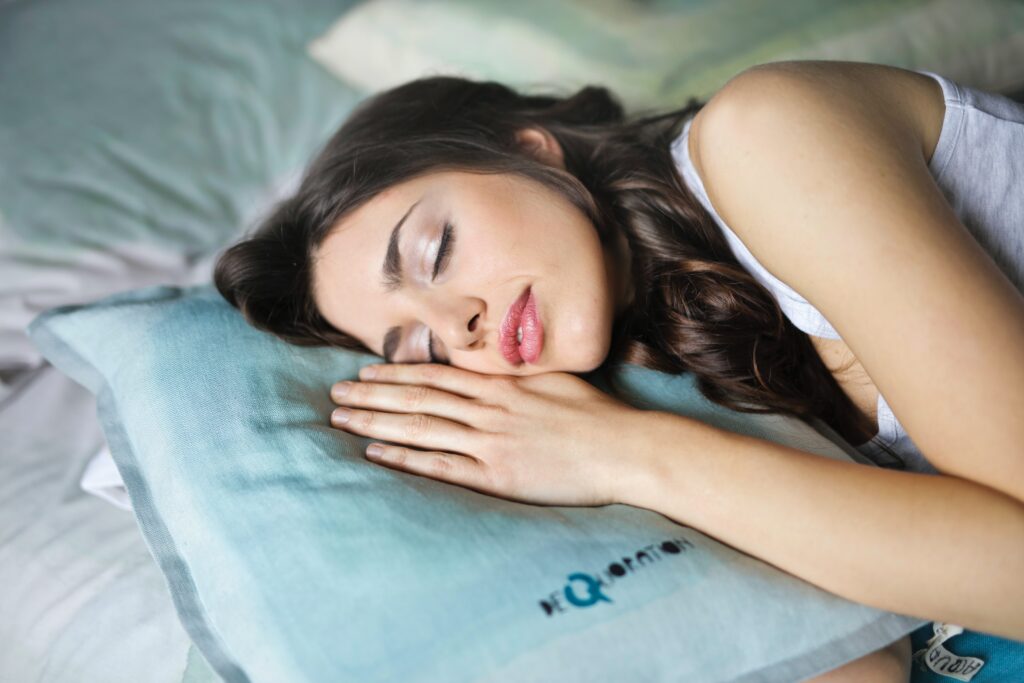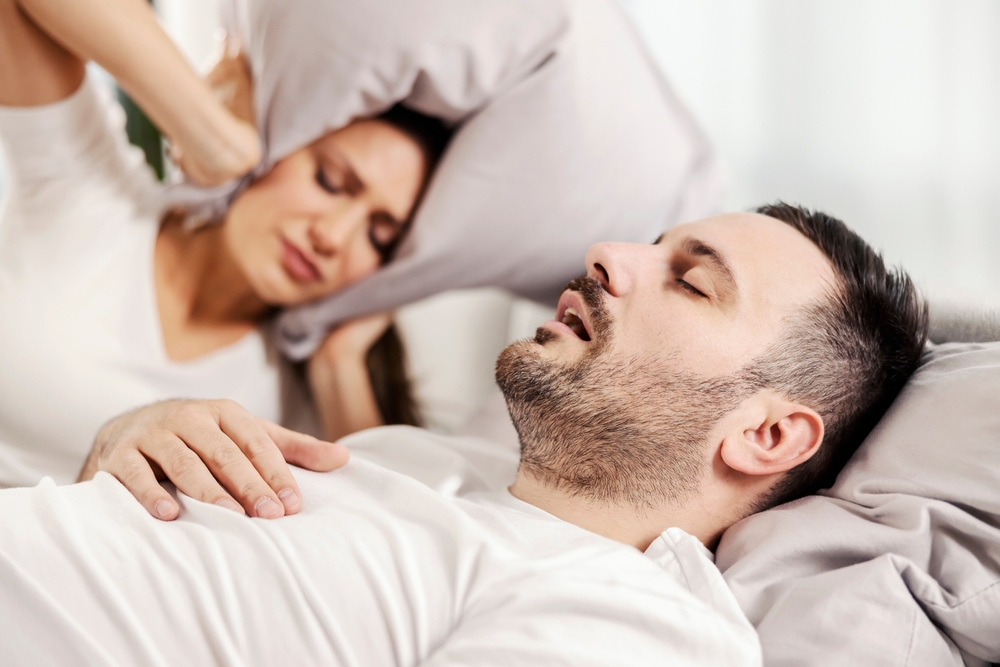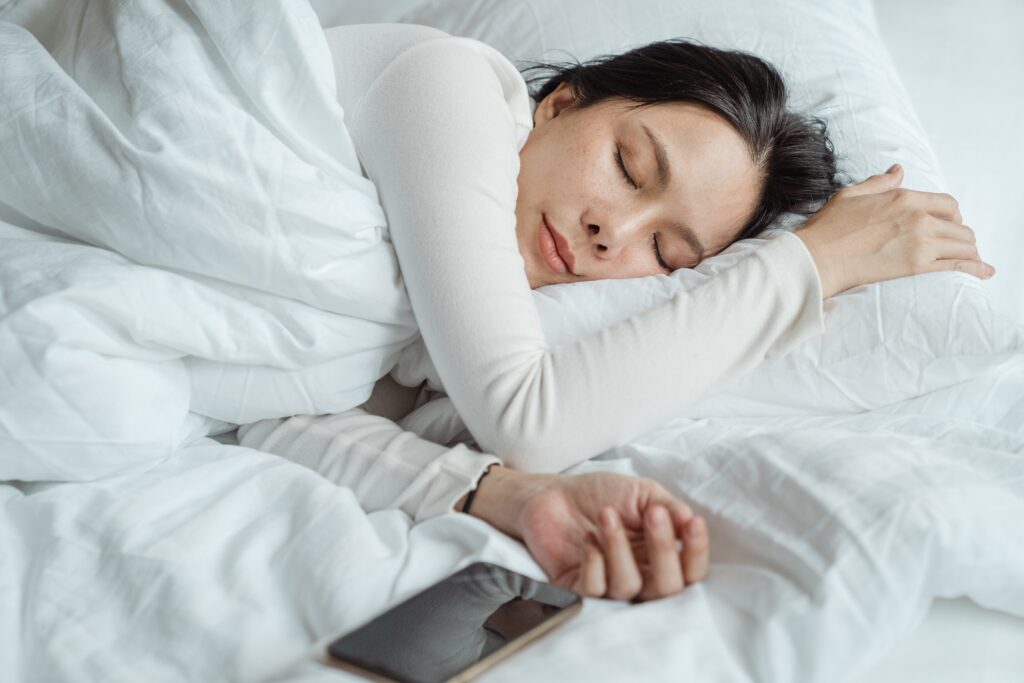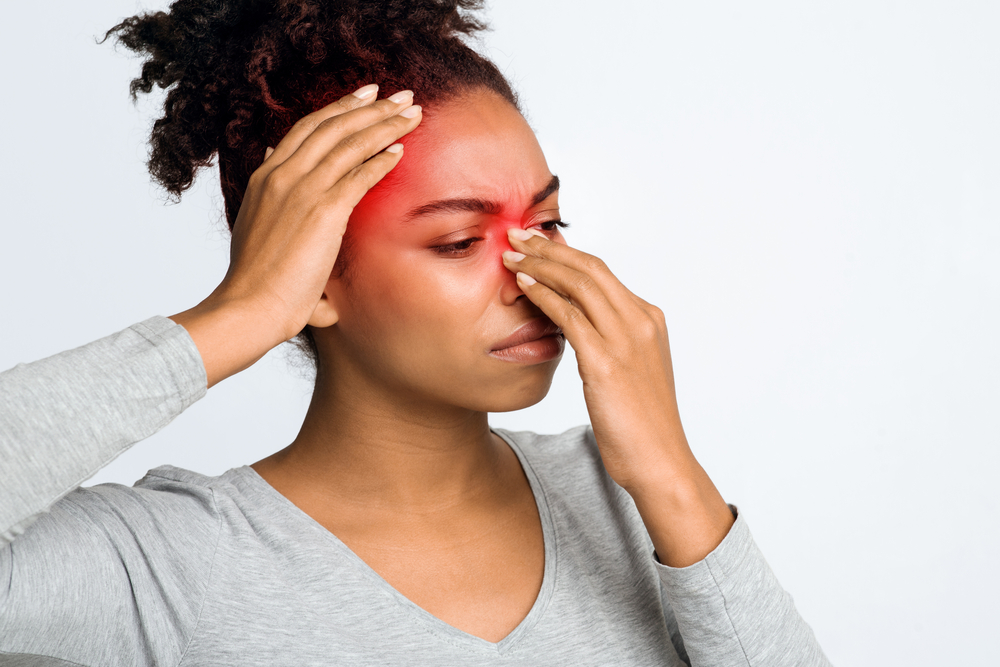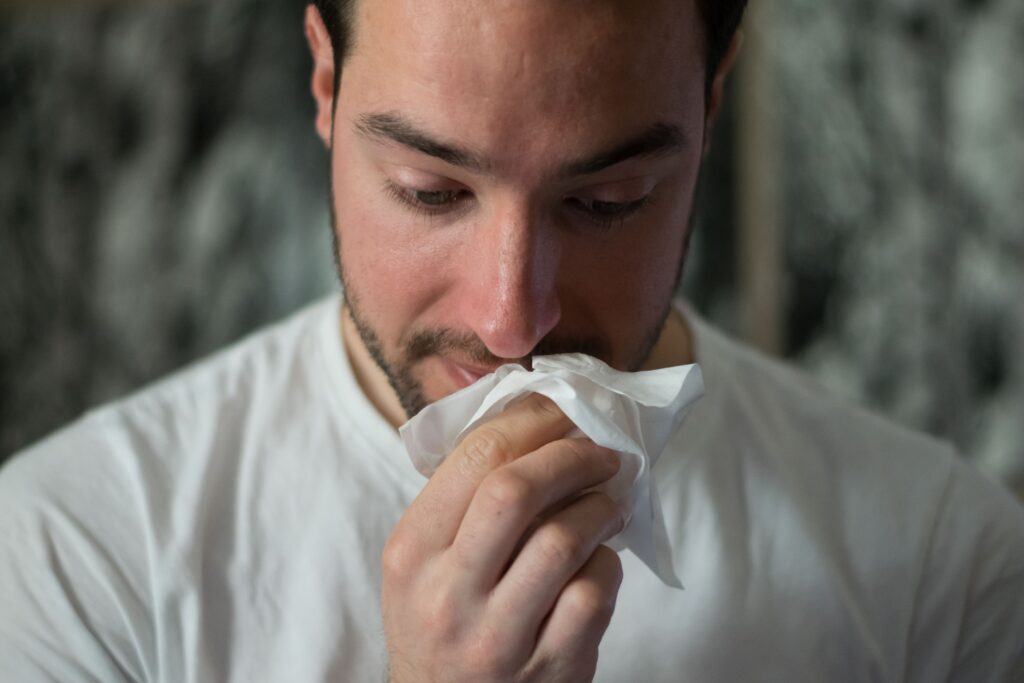What Are the Benefits of Undergoing Uvulopalatopharyngoplasty (UPPP)?
One study shows that around one billion people in the world between the ages of 30 and 69 struggle with obstructive sleep apnea (OSA). Some individuals find no relief using nonsurgical OAS treatments such as continuous positive airway pressure (CPAP) therapy and lifestyle changes and have to look for more invasive sleep apnea solutions. In the […]
What Are the Benefits of Undergoing Uvulopalatopharyngoplasty (UPPP)? Read More »

